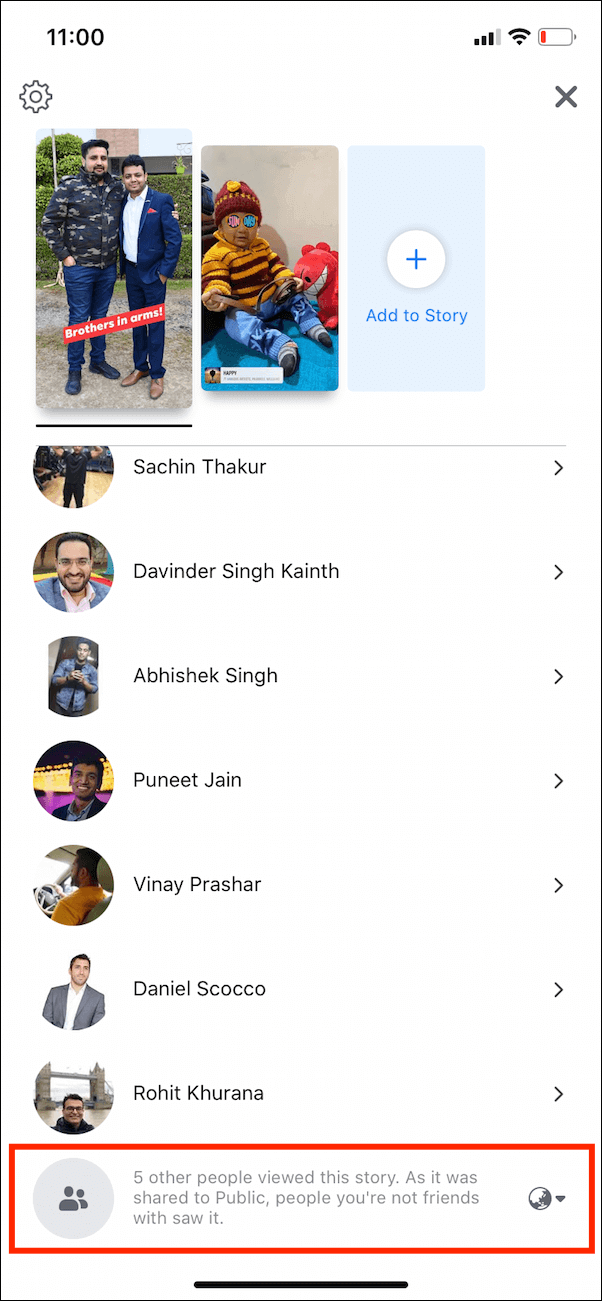Many people say they know us; however, there are those who speak to us without listening to us, who look at us without seeing us, the same ones who do not hesitate to label us either. In this world of quick trials, there are not many patient minds, able to understand that behind a face there is a battle, that behind a name there is a story.
Daniel Goleman explains in his book? A detail that doesn’t go unnoticed. As many other psychologists and anthropologists have also explained, the human brain is a social organ. Relationships with our fellowmen are fundamental to survival. However, Goleman points to another aspect: we are often also “painfully social. “
- These changes do not always bring a benefit.
- A positive reinforcement that you have to learn to integrate.
- Today.
- Our greatest predatory threat is.
- Surprisingly.
- Our own species.
- A threat that could be compared to a fuel that burns mostly in this emotional world; a place often violated.
- Criticized or tested through a label that objectively us.
Each of us is like ships that break more or less calm or roughly turbulent oceans, inside us, and waiting for the anchor of this beautiful ship, our personal battles are suspended and will be fought, those with whom we try to move forward. Nevertheless, those who sometimes leave us stranded, without the rest of the world knowing very well what is happening to us, what stops us or what hurts us.
We suggest you think about that
Putting a label is first and foremost giving up our ability to perceive or discover what is beyond an appearance, a face, a name, but to achieve this delicate layer of human interaction it takes three things: sincere interest, emotional closeness and quality. Dimensions that seem to have happened now in many souls.
Are we aware that many of the therapeutic approaches that are used today focus their importance on the opportunities present, in this?Where the past does not have to determine us; however, people, whether they like it or not, are made up of stories, existential fragments, chapters that form a past plot of which we are the result.
A past does not determine a destiny, we know it, but it shapes the hero or heroine we are today, so this process, this personal story that we survive with such pride, is something that not everyone knows, and something that, in turn, we choose to share with few people, so all we ask for in our day to day is mutual respect and not resort to worldly labels in which the wonderful peculiarities of the human being.
Let’s imagine for a moment a fictional person. Her name is Maria, she is 57 years old and she started working in a store a few months ago, her roommates call her shy, reserved, bored, someone who avoids looking her in the eye when they engage in conversation with her, very few know it. Mary’s personal history: she has been abused for more than 20 years, today, after recently separating from her husband, she has returned, after a long period, to the labor market.
Falling into quick judgment and etiquette is easy. Mary is fully aware of how others see her, but she knows she needs time, and if there is one thing she does not want is for others to feel sorry for her. to tell your story, you don’t have to do it if you don’t want to, all you need is for the people around you to change focus.
Instead of focusing our focus solely on the needs of others, doing a quick analysis that leads to the classical stereotype to outline what is different from ourselves, we should be able to disable judgment to activate empathy, only this dimension is what makes us and not the mere human beings living together in the same scenario.
We must not forget that empathy has a very concrete goal in our emotional brain: to understand each other’s reality to ensure their survival, we must learn to be emotional facilitators and not just energy predators, mood eaters or self-esteem killers.
We all face very intimate, sometimes fleshy, battles. We are much more than our certificate, program or school record says. We’re made of stellar matter, as Carl Sagan said, we’re destined to shine, but sometimes we choose to convert. out of each other’s light. We will avoid this and invest more in respect, sensitivity and altruism.

